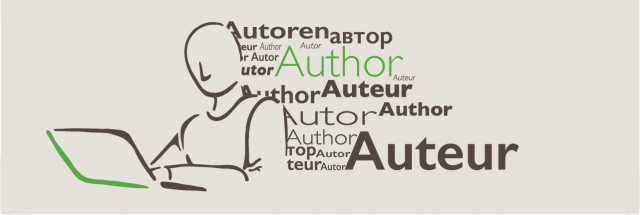Peacebuilding in the African Great Lakes

Initiatives of Change African Great Lakes project continues with its peace and good governance programme in the African Great Lakes region. In collaboration with IofC Burundi Tugendereubuntu, in the framework of the project of Peacebuilding in Burundi (CPB), it seeks to promote an inclusive dialogue between all political groups and to promote a peaceful electoral process leading up to the 2015 elections.
In the DRC, it collaborates with a network of the civil society in order to establish an intercommunity reconciliation dialogue in North and South Kivu and to educate those who are armed about the peaceful resolution of conflicts movements.
At the regional level, its works for regional reconciliation by building relationships of trust among the ruling elites in Burundi, DRC and Rwanda.
Dialogue between majority and opposition in Burundi
Since the 2010 elections, tensions have been quite high on the Burundian political scene to the point that 10 leaders took the road of exile. IofC-GLA has worked tirelessly to ensure the return of the dialogue with the authorities in place. Thus, a leadership training seminar was organized in the Initiatives of Change centre in Caux, Switzerland, late May and early June 2012. This meeting was attended by most of the leaders in exile, representatives of the presidential majority, the opposition living inside the country and religious denominations.
The seminar was followed by four workshops organized in Burundi, two of it by IofC-BUR, the third by the United Nations Office in Burundi (BNUB) and the fourth by the Ministry of the Interior in cooperation with the BNUB. These meetings helped restore political dialogue that was missing from the municipal elections of 2010.
From the meeting held in April 2013 by the BNUB, a roadmap was developed, in part thanks to the conclusions of the Caux seminar, to frame the preparations for the 2015 elections.
The meeting in Kayanza organized in May by the Ministry of the Interior has allowed politicians to find a consensus on the proposed reform of the electoral code presented by the Independent National Electoral Commission (CENI). The Ministry of Interior has set up a committee composed of members of the majority and the opposition, responsible for harmonizing the findings of the fourth workshop.
 Today, most political leaders in exile returned to the country and will be able to campaign for the 2015 elections. This return to the institutional game is a guarantee against the risk of renewed armed struggle. If the 2015 elections take place in good conditions, we can hope that Burundi will mark a significant step towards political stability.
Today, most political leaders in exile returned to the country and will be able to campaign for the 2015 elections. This return to the institutional game is a guarantee against the risk of renewed armed struggle. If the 2015 elections take place in good conditions, we can hope that Burundi will mark a significant step towards political stability.
The partnership with IofC Burundi continues, particularly to promote dialogue among several political parties where tensions and rivalries penalize the role they can play to allow normal democratic functioning.
Moreover, the acts of violence committed by young partisans have resurgenced in recent months. A sensitization to tolerance workshop was attended by 50 politicians in order to avert this phenomenon. Other accompanying activities for process of consolidation of peace in Burundi are planned.
Two workshops on intercommunity dialogue in Kivu, DRC
The instability in the eastern DRC is a source of insecurity for the entire region. The fear is of especially insidious transfer of conflicts from one country to another, social and economic tensions that may have a significant impact and would question the progress made in recent years towards peace in Burundi. Only a regional approach of peacebuilding will stabilize each country in the subregion, and the best way to achieve this is through the mobilization of grassroots communities.
In May and June, two workshops were held in Goma and Bukavu (eastern DRC) that have each had 30 participants, including representatives of civil society, territory administrators, provincial parliamentarians, traditional leaders and religious leaders.
These workshops allowed participants to identify major conflicts which contribute to instability and insecurity in eastern DRC. These include the presence of a multitude of Congolese and foreign armed groups, involved with intolerance and intercommunity conflicts over land ownership.
Monitoring committees have been set up to promote intercommunity dialogue and to educate the rebel movements on the virtues of peace process as a mechanism to stabilize the region.
Local reconciliation
Conflicts have undermined relations between the leaders of Burundi, DRC and Rwanda. This affects the cooperation between them and impedes economic and social development. IofC-GLA is working to rebuild trust relationships between the leaders, thanks to its network of contacts among the elites of the three countries.
This programme is funded by the Swiss Federal Department of Foreign Affairs (DFA). The two Kivu workshops were funded by two Swiss foundation Pro Victimis and Sponsorship Fund GIS.
Frédéric Chavanne, November 2013
Translation by Mathilde Caron


